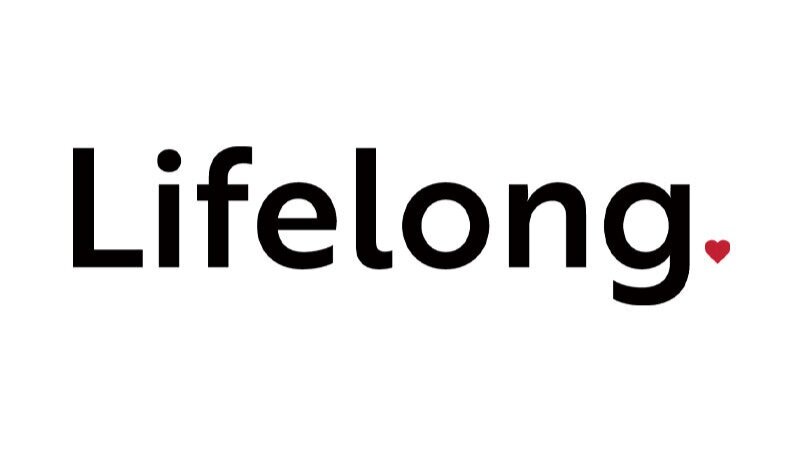I recently came across a medical report that stopped me in my tracks. I had seen it before, but its implications to today gave me goosebumps. It was dated June 1, 1981 – an article from the CDC reporting five patients with Pneumocystis pneumonia. It was the first published report of the AIDS pandemic. A few weeks later another article was published which made clear that we were seeing the “tip of the iceberg” for a pandemic that defined medicine for the next forty years.
I remember those times filled with misinformation, scientific and medical uncertainty, political indecision, bias against groups blamed for the pandemic, and fear.
Four decades later, we are dealing with the second great pandemic of our lifetimes, COVID-19. Though very different viruses and diseases, there is once again distorted information, scientific and medical uncertainty, political indecision, bias against groups blamed for the pandemic, and fear. Both pandemics had global and local implications challenging the healthcare delivery system in unanticipated ways—safer sexual practices for HIV/AIDS and social distancing, masking, and vaccinations for COVID-19.
Lifelong was forged by those committed to helping vulnerable populations through the uncertain periods before HIV was finally treatable. What today we refer to as "social determinants of health," were addressed at a very fundamental level by offering healthcare, insurance, food, companionship, case management, and even support at the end of life for those suffering from the disease.
This was hard work, due to the social stigma, health inequities, and lack of funding. But we fought for our patients, our communities, at every level including governmental advocacy. And it paid off. Lifelong has evolved as HIV moved from a fatal disease to one that can be prevented with safer sexual practices and medications.
As a community we have never lost our roots in advocating for clients and communities through crises. Nowhere is this more apparent than our current response to COVID-19. Responding to our vulnerable community members isolated at home with outreach, delivered meals, and redesigned services. Through companionship, case management, and other compassion-driven services, we have stood by our community to make sure no one faces illness and injustice alone. Our dedication to making health equity a reality for all has never been stronger, and I’m proud to be part of Lifelong’s community.

